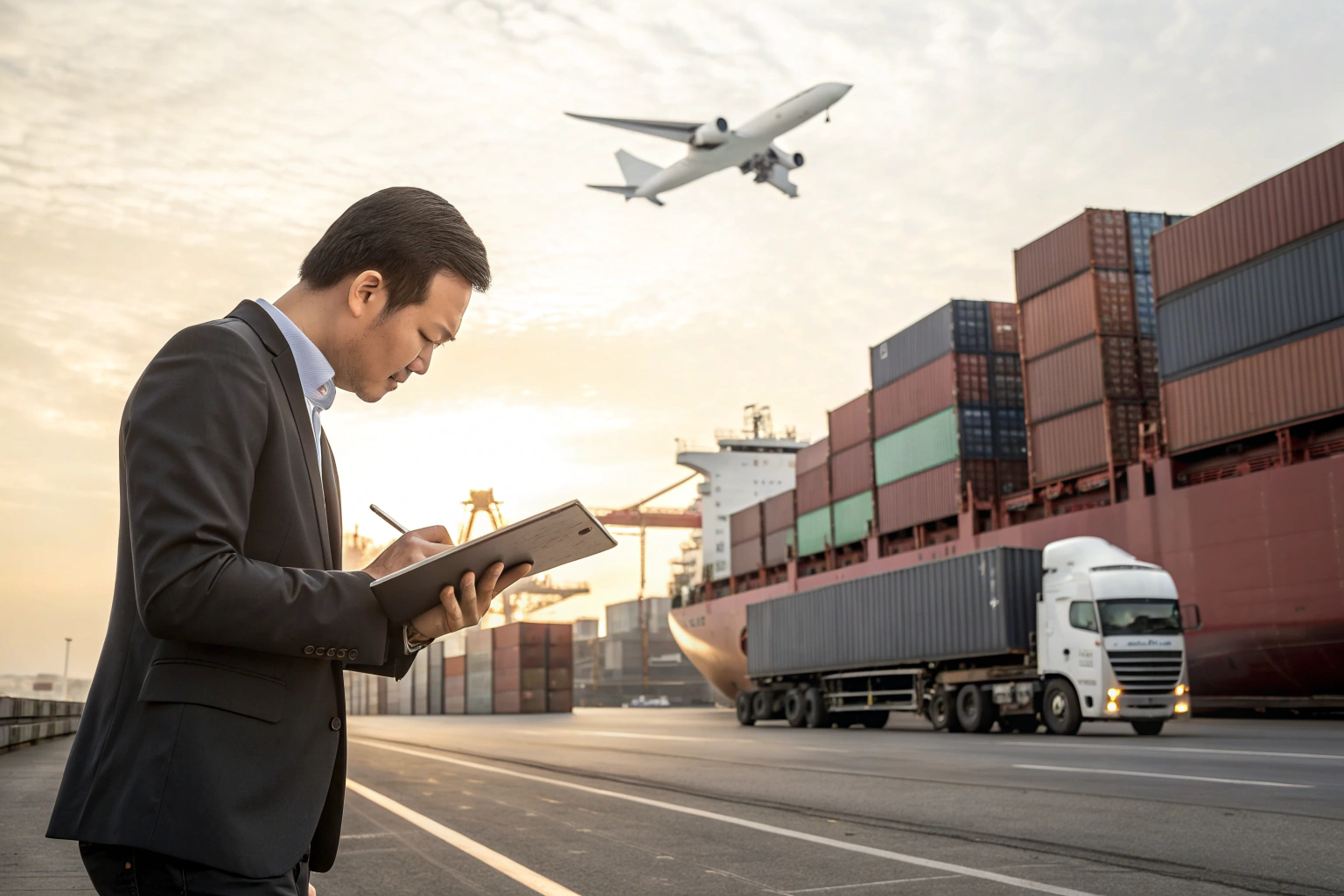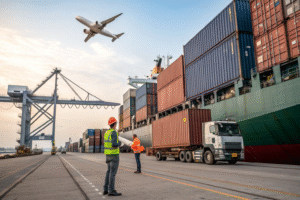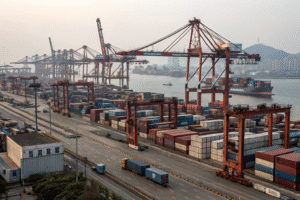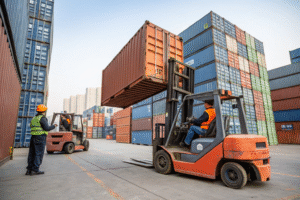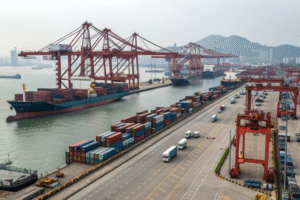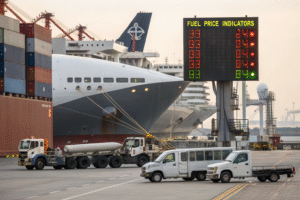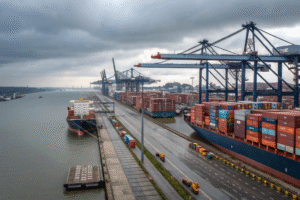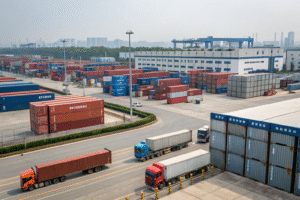Bringing in goods from China is common for many companies, but the shipping bill often eats into profits. For small and mid-sized importers, even small savings can make a big difference. Many business owners I’ve worked with want one thing: a clear plan to cut costs without losing reliability.
The truth is, there are several practical ways to lower shipping expenses. Choosing the right transport method, booking early, handling customs correctly, and working with an experienced freight forwarder all play a big part.
Over the years, I’ve helped clients ship from China to the U.S. and Europe, and I’ve seen how smart planning can protect margins. Let’s break down the main strategies.
Which Shipping Method Saves the Most?
The choice of transport method has the biggest impact on what you pay.
Sea freight is usually the cheapest for big, heavy orders, while air freight works faster but costs more. Rail and trucking are useful for regional or inland deliveries.
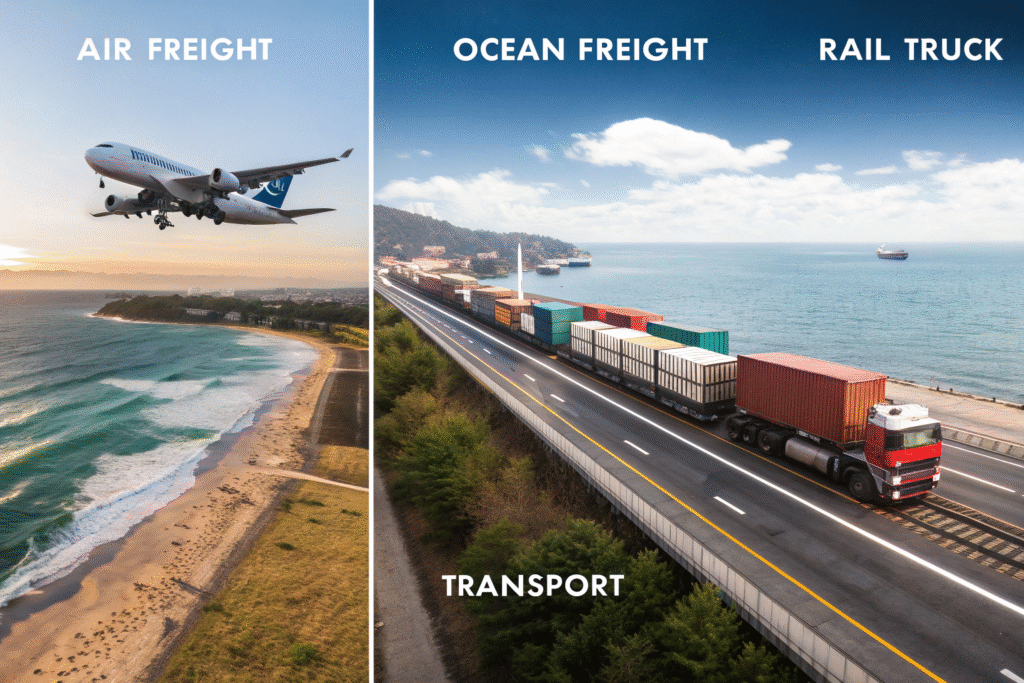
When Should I Pick Sea Freight?
Sea freight makes sense for bulk cargo like apparel, furniture, or accessories. It may take longer, but it brings down the cost per unit. The World Shipping Council explains how container shipping supports global trade at lower prices.
Is Air Freight Worth It for Small Loads?
Yes, especially if speed matters. For smaller but high-value products—such as electronics or fashion items—air freight keeps goods moving quickly. Even though it’s pricier, fast delivery can protect seasonal sales. The International Air Transport Association shows how air cargo supports urgent supply chains.
Why Does Planning Ahead Cut Costs?
Many shippers overpay simply because they book late.
Scheduling shipments weeks ahead secures lower rates and guarantees more space. Last-minute bookings almost always cost more.
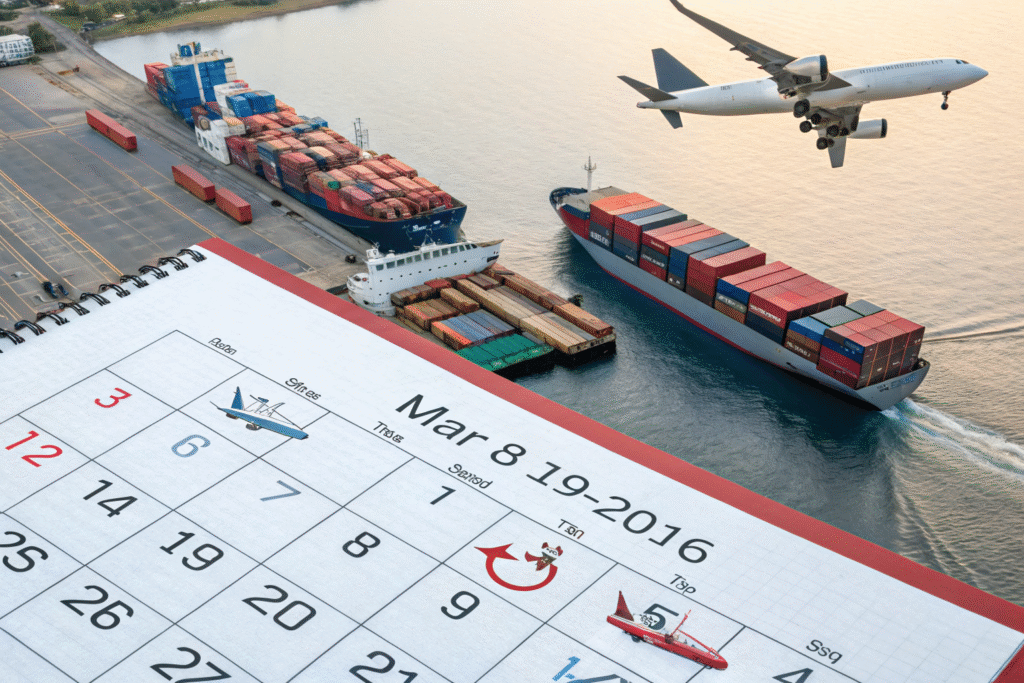
Why Is Early Booking Cheaper?
Carriers and forwarders reward early bookings with better pricing. During peak seasons, those who wait end up paying premiums. Freightos tracks how prices rise fast when demand outpaces space.
Can I Lower Costs with Consolidation?
Yes. Many forwarders combine smaller shipments from different buyers into one container. Sharing space brings down the unit price. Shipping and Freight Resource explains how consolidation helps smaller importers cut expenses.
How Do Customs and Duties Affect Shipping Costs?
Customs clearance often creates hidden costs.
Errors in paperwork or wrong product codes can lead to fines, delays, or higher duties. Avoiding these mistakes saves money and time.
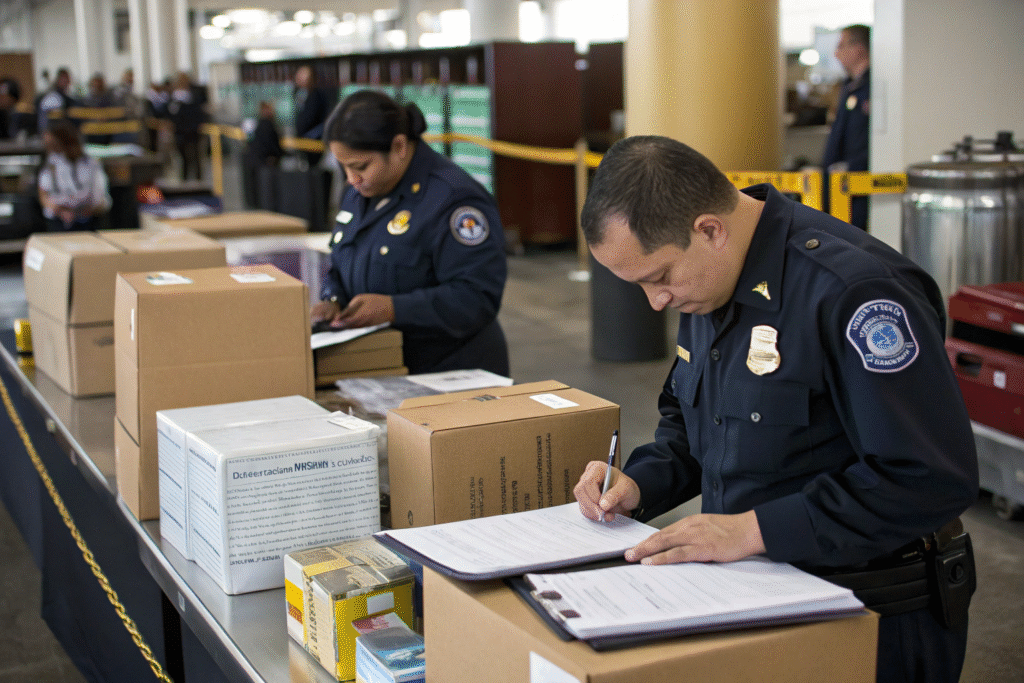
How Can I Avoid Customs Problems?
Work with a freight forwarder who knows both Chinese and destination-country regulations. Using the right HS codes and detailed packing lists is critical. The U.S. Customs and Border Protection provides guidelines importers should follow.
Do Trade Agreements Lower Costs?
Yes, some countries have trade deals with China that reduce or remove tariffs for certain products. Checking if your items qualify can bring savings. The International Trade Administration offers resources on trade agreements and duty reduction.
Why Does the Freight Forwarder Matter So Much?
The forwarder you choose has a direct impact on your costs.
A good freight forwarder not only books transport but also negotiates better rates, consolidates cargo, and prevents costly errors.

What Should I Look For in a Partner?
Choose one with strong experience on China-to-U.S. or China-to-Europe lanes. Ask about transparent pricing, customs support, and door-to-door service. Companies like Flexport show how digital tools can help manage shipments.
How Can a Forwarder Help Me Save?
The right partner guides you toward the best method, plans your shipments early, and ensures customs paperwork is correct. Over time, these savings add up. The International Chamber of Commerce explains how trade rules and forwarders shape global business.
Conclusion
Cutting shipping costs from China is not about one single trick. It’s about making the right choices step by step. Bulk orders often save with sea freight, while smaller urgent goods may justify air. Planning ahead, managing customs carefully, and working with a skilled freight forwarder all reduce expenses.
For small and mid-sized businesses, saving on logistics means more money to reinvest and a stronger edge in global trade. With the right approach, you can control costs and keep supply chains running smoothly.
